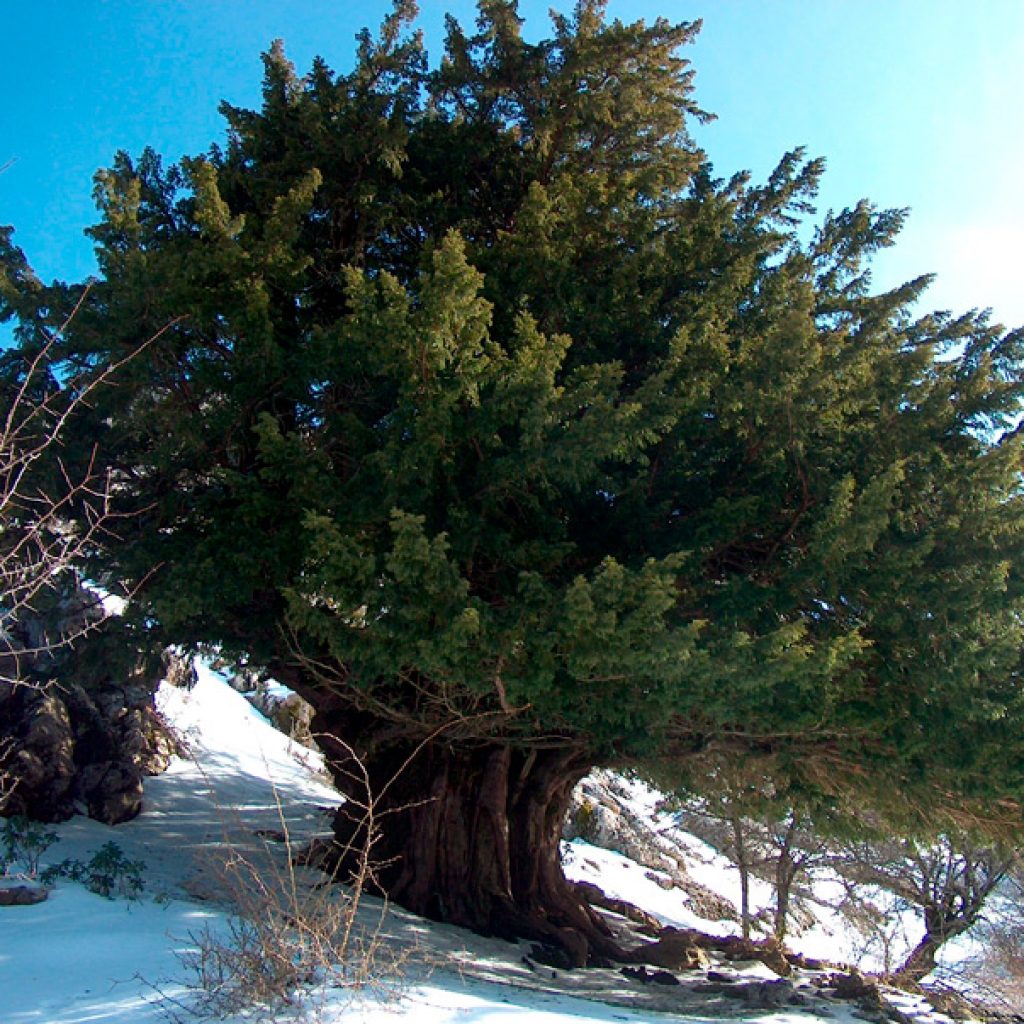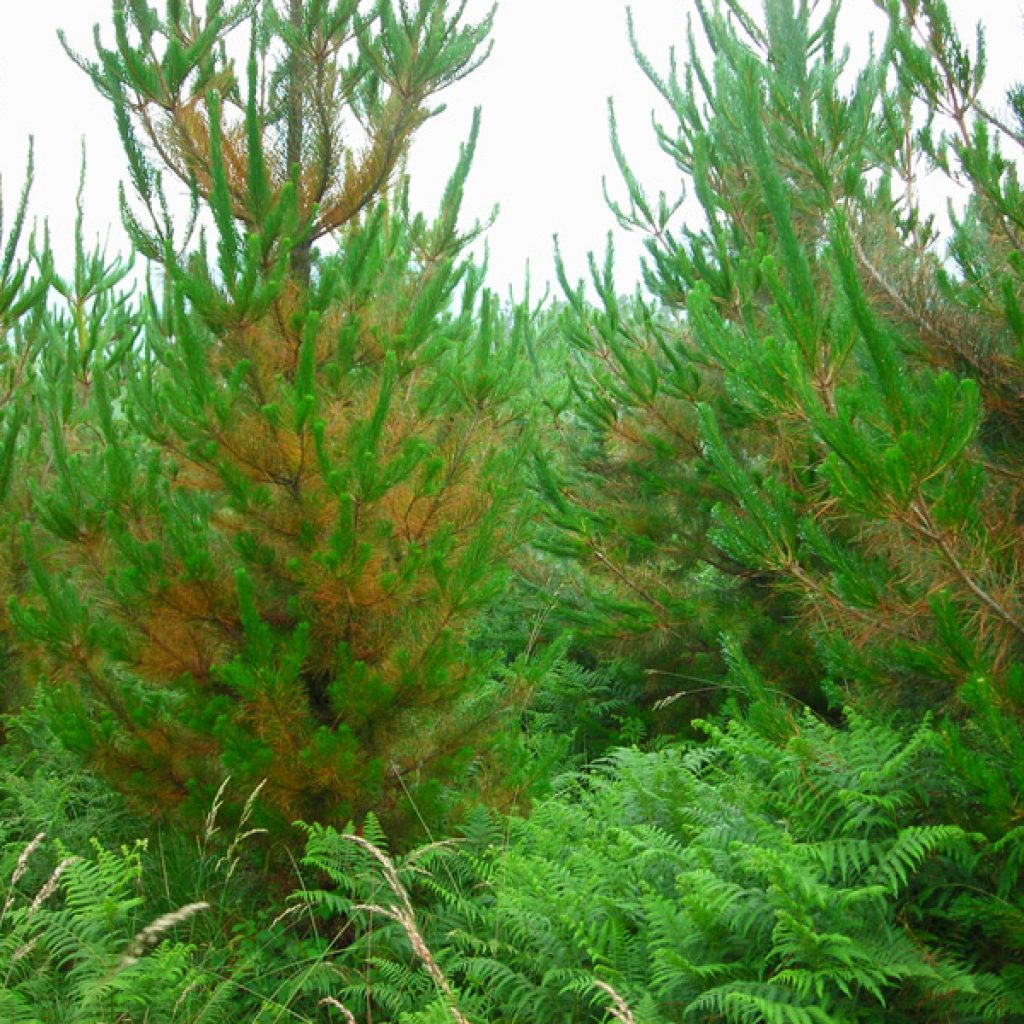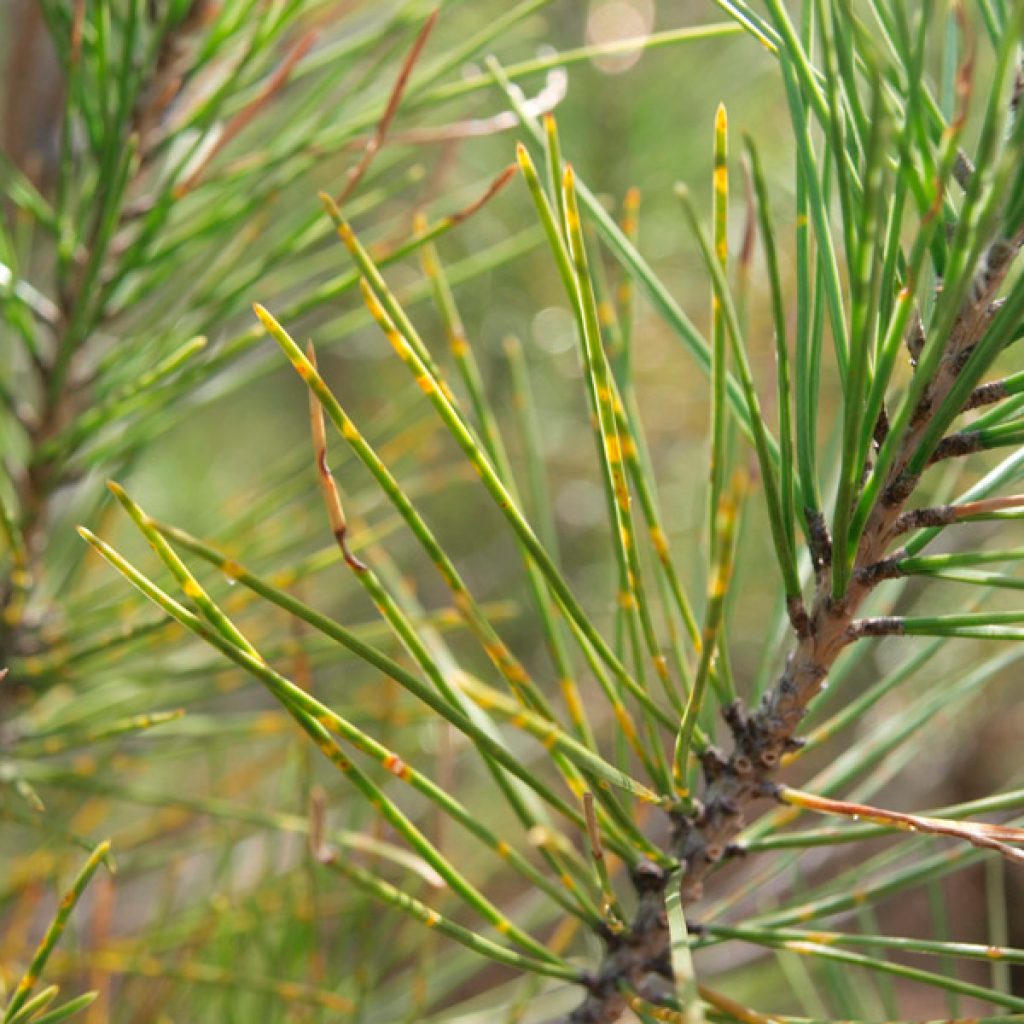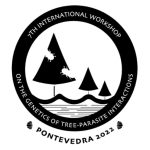


Managed and natural forests provide essential ecosystem services worldwide, but sustainability of forests is currently at unprecedented risk. We can see large range expansions of pests and diseases, as well as sudden shifts to naïve host species. Due to the free of movement of people and goods across biogeographical zones, tree species are increasingly challenged by emergent invasive biotic threats. Moreover, climate change is also increasing abiotic tree stresses, which synergistically interact with tree resistance leading to negative effects on tree survival and forest resilience.
Although forest tree species are known to harbour high levels of genetic variation, most remain fairly unstudied, particularly in traits related to host tolerance and resistance to biotic and abiotic stressors. To understand such variations, within the framework of the genetics of tree-antagonist interactions, is necessary to forecast the survival and prevalence of forest populations in a changing environment. This knowledge can also be exploited in breeding programs aiming to improve forest health.
The scientific community is pushing for an urgent multidisciplinary and coordinated effort to solve these challenges, making use of current and new knowledge, strategies and technologies. Geneticists, evolutionary biologists, ecologists, phytopathologists, entomologists, plant physiologists, breeders and managers are all involved in this challenge.
This workshop will provide the ideal forum for updating knowledge, evidences, solutions and failures between scientific, academic and practical approaches. It is also an opportunity to enhance the dialogue of long experienced expertise with the new generations of scientists, which will provide creative and new solutions in the near future.
Submissions are welcome in all areas of tree defence and resistance, including, but not limited to, the following topics/sessions:
- Conventional and innovative tree breeding initiatives for resistance.
- Innovative tools and methodologies for screening for resistance or improving resistance
- Ecology and genetics of tree-antagonistic resistance in natural and managed populations.
- Evidence -or not- of durable resistance or multiple resistance to diverse challenges.
- Mechanisms of perception, identification, signalling and priming of biotic damage and plant defensive strategies (induced resistance), their genetic variation and how they could be useful to programs for improving resistance.
- Comparative genomics, GWAS, genomic selection and other genomic initiatives looking for resistance and tolerance.
- Mechanisms and ecological consequences of mutualistic tree biotic interactions putatively providing resistance and tolerance
- Evolutionary biology of resistance traits and trade-offs with tree physiological traits.
- Interactive effects of abiotic stressors with biotic resistance – genetic variation in phenotypic plasticity in resistance/tolerance traits.
- Genetics of multitrophic interactions on tree resistance
- Priming, maternal effects and epigenetic control of tree defences
If you are interested in organizing or leading a specific session on a particular topic of your interest, please contact us.


